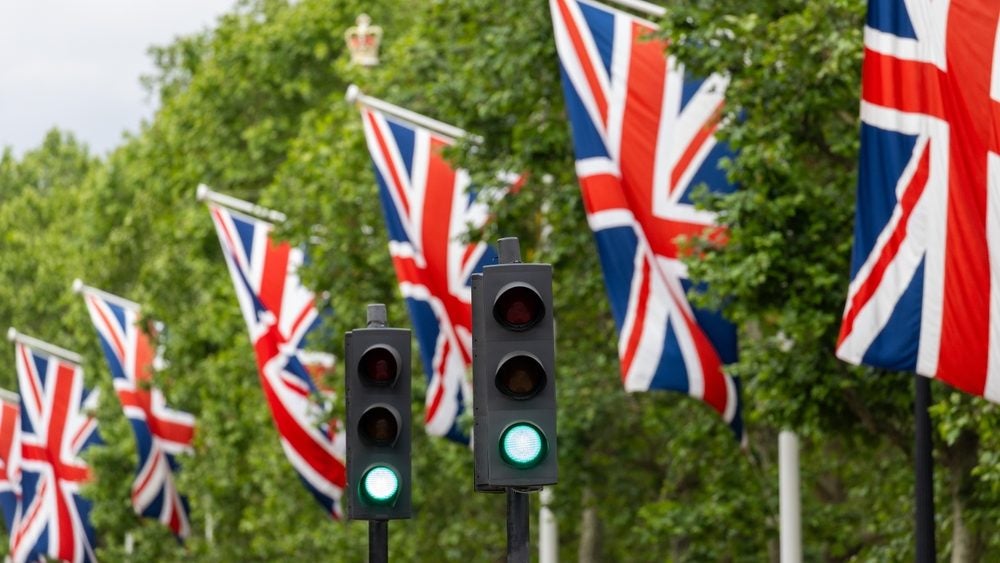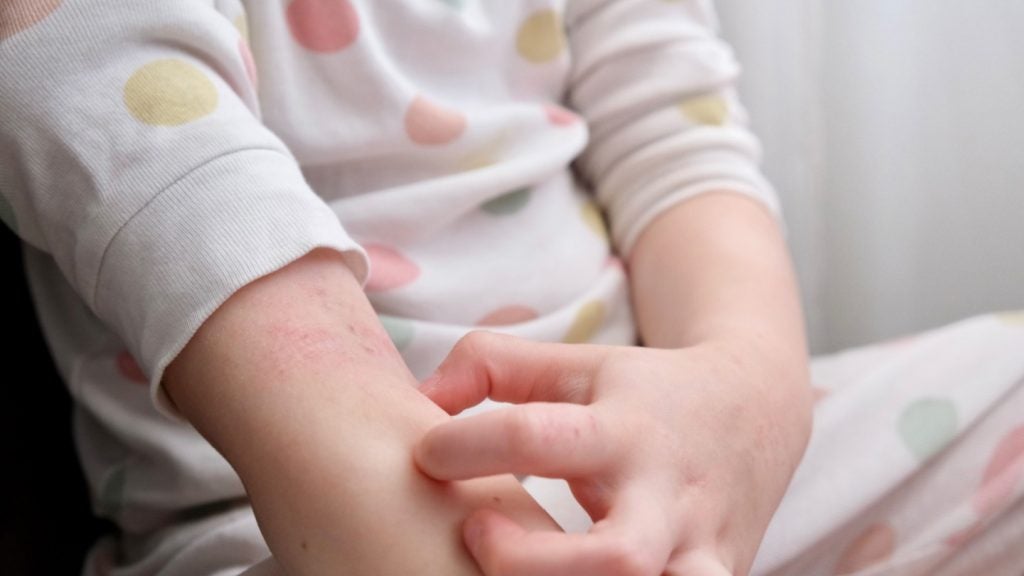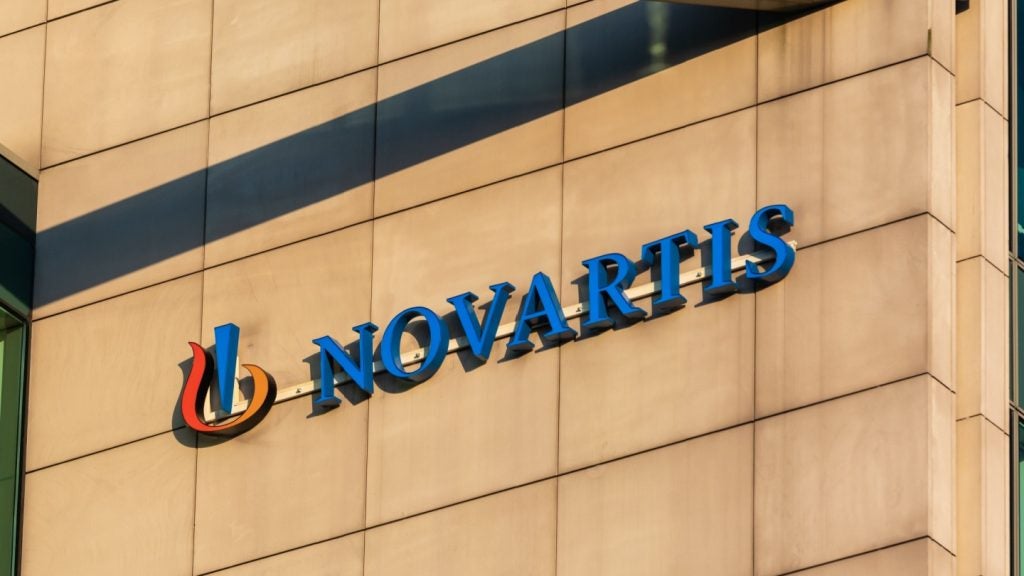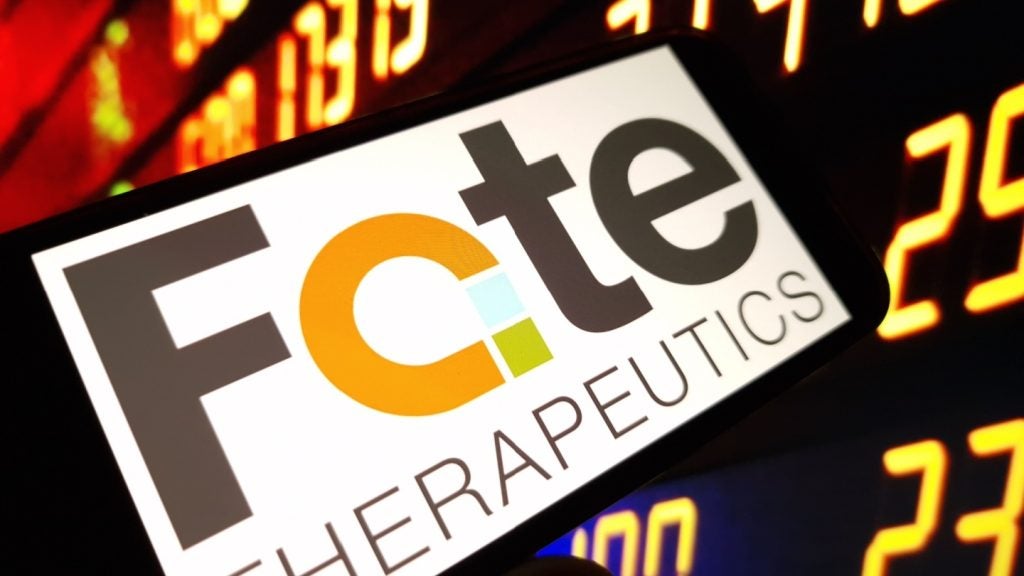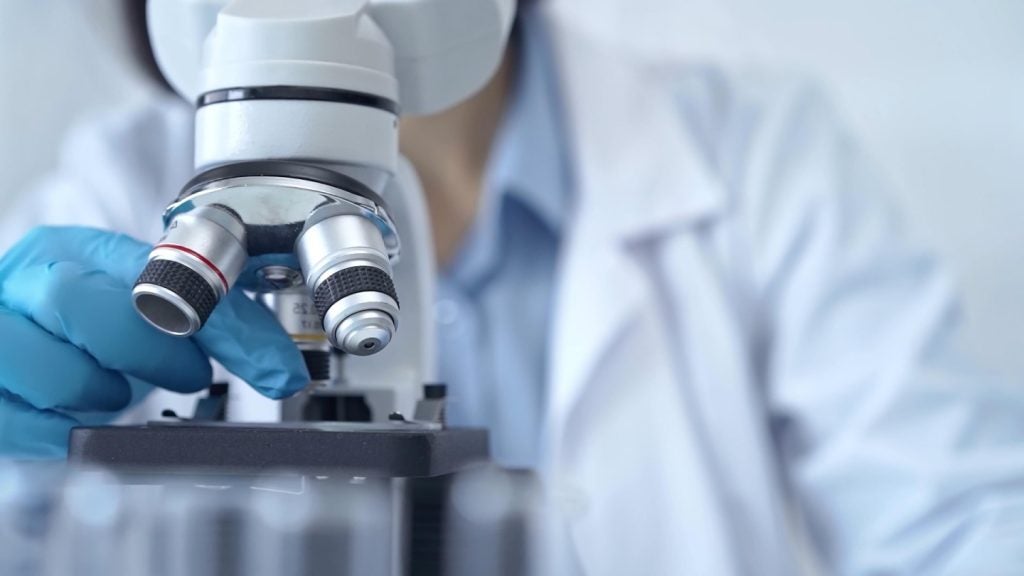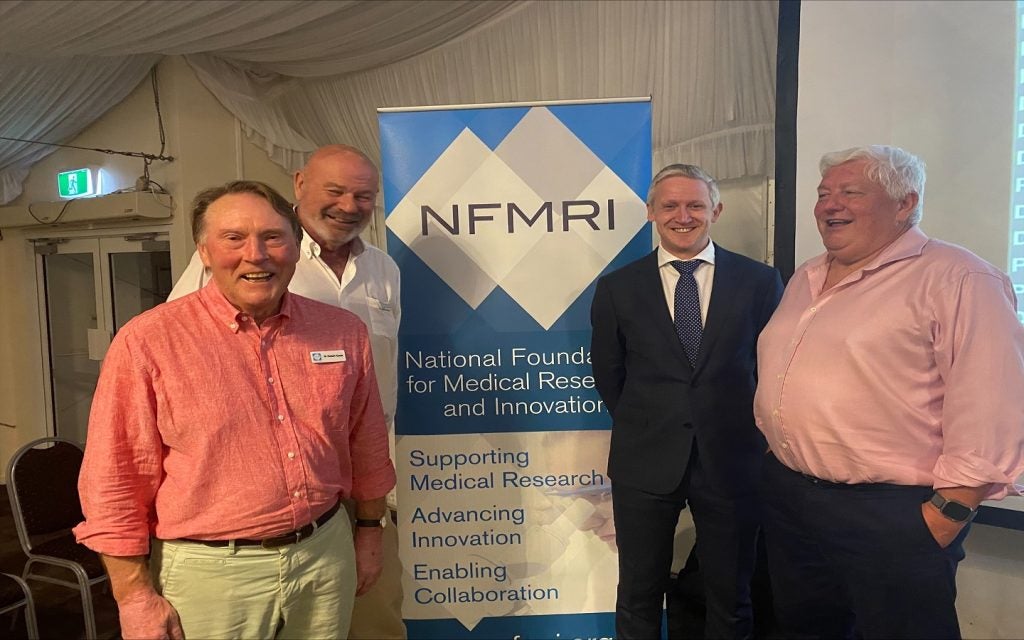The European Medicines Agency’s (EMAs) Committee for Medicinal Products for Human Use (CHMP) has recommended extending the use of Stallergenes Greer’s oral immunotherapy, Palforzia (defatted powder of Arachis hypogaea L., semen [peanuts]), to toddlers aged one to three years with a confirmed peanut allergy diagnosis.
Palforzia was initially approved by the European Commission (EC) in December 2020 for treating peanut allergies in children aged four to 17 years. Although primarily intended for this age group, it can also be used in adults aged 18 and older when combined with a peanut-avoidant diet.
Palforzia is an oral immunotherapy designed to desensitise individuals to peanut allergens by gradually increasing their tolerance. This is achieved through controlled ingestion of small, measured doses of allergenic peanut proteins, with the dosage being incrementally increased over time. The goal is to raise the threshold at which an allergic reaction occurs, thereby reducing the risk of severe reactions to accidental peanut exposure.
In September 2023, Stallergenes Greer acquired Palforzia from Nestlé, which had faced challenges in promoting the therapy. Nestlé had decided to explore strategic alternatives for the product, citing “slower-than-expected adoption by patients and healthcare professionals” during an investor seminar. Nestlé obtained Palforzia in August 2020 through its $2.6bn acquisition of Aimmune Therapeutics, the therapy’s original developer. Before the acquisition, Nestlé had invested $473m in Aimmune over several years, including a $200m injection in February 2020, shortly after the US Food and Drug Administration (FDA) approved Palforzia for children aged four to 17.
The CHMP recommendation for toddlers is based on data from the Phase III POSEIDON trial (NCT03736447), which assessed the efficacy and safety of Palforzia in children aged one to three years. The trial met all primary and secondary efficacy endpoints and demonstrated a favourable safety profile.
The study involved a dose-escalation period of 22 weeks, during which participants gradually reached a maintenance dose of 300mg per day of Palforzia or a placebo. This was followed by a six-month maintenance phase. At the end of the trial, participants underwent a double-blind, placebo-controlled food challenge (DBPCFC). The primary efficacy endpoint was achieved by 67% of children receiving Palforzia compared with 33.5% in the placebo group, resulting in a risk difference of 33.4 percentage points.
In July 2024, the FDA approved Palforzia for use in toddlers aged one to three years, based on the POSEIDON trial. This marked an important regulatory milestone as the first agency globally to approve the therapy to address peanut allergies in a younger population.




